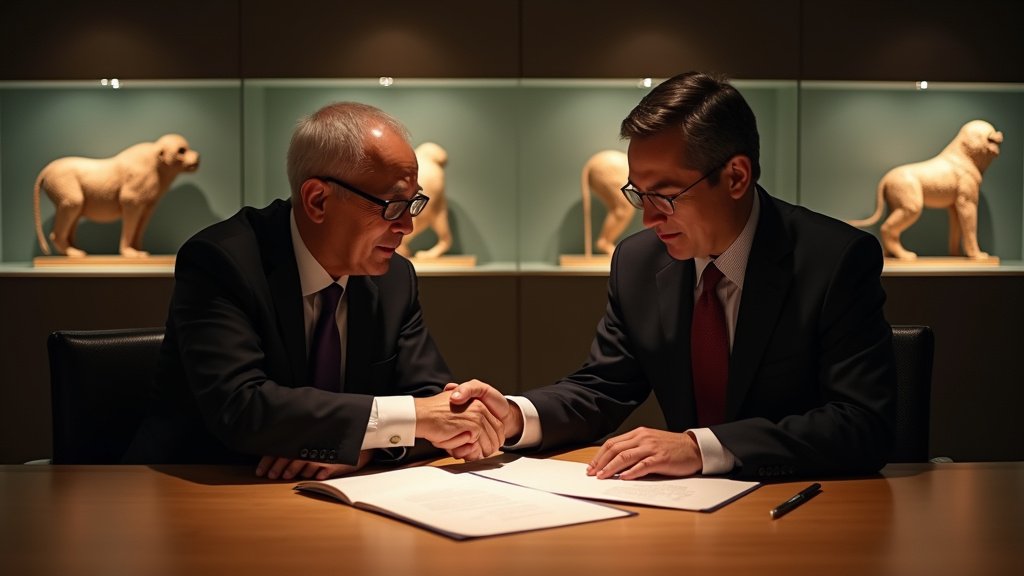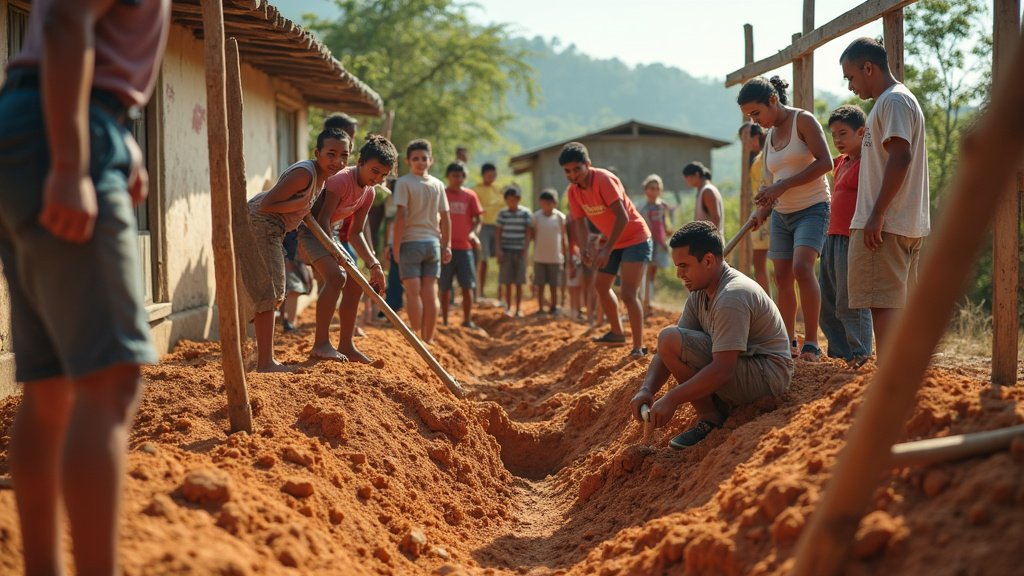The Netherlands has officially agreed to return the vast Dubois Collection, comprising over 28,000 prehistoric fossils, to Indonesia. This momentous decision, announced on September 26, 2025, marks a significant step in rectifying historical injustices stemming from the colonial era. The collection, which includes crucial evidence of early human evolution such as the famed “Java Man” fossils attributed to Homo erectus, was acquired by Dutch anatomist and geologist Eugène Dubois in the late 19th century when Indonesia was a Dutch colony. The move follows a thorough review by an independent Dutch committee and represents an unconditional return of cultural heritage.
The Dubois Collection: A Cornerstone of Human Evolutionary Study
The Dubois Collection is an unparalleled scientific treasure, offering profound insights into human evolutionary history. Discovered on the island of Java by Eugène Dubois between 1891 and 1892, the collection features key specimens, including a skullcap, a molar, and a femur, all attributed to Homo erectus. Dubois’s findings, initially met with skepticism but later recognized as Pithecanthropus erectus (now Homo erectus), provided the first concrete fossil evidence of an extinct human species, earning Dubois worldwide fame and contributing significantly to the acceptance of Darwin’s theory of evolution. These fossils are globally regarded as museum highlights and represent critical pieces of evidence for the earliest human presence in the world.
The Path to Repatriation: Addressing Colonial Injustice
The decision to repatriate the Dubois Collection is rooted in a re-evaluation of historical acquisitions made during the colonial period. The Dutch Colonial Collections Committee, after extensive research, concluded that the Dutch state never legally owned the collection. More critically, the committee determined that the circumstances under which the fossils were obtained suggest they were likely removed against the will of the local people, constituting an act of injustice. Fossils held significant spiritual and economic value for the indigenous communities, and evidence indicates that force was used to identify excavation sites. Indonesia formally requested the repatriation of these fossils in 2022, initiating a process that culminated in this decision. This represents the sixth instance where the Netherlands has returned objects based on the committee’s advice, emphasizing an unconditional approach to restitution.
Key Players and the Formalization of Return
The formal announcement and agreement were made on September 26, 2025, at the Naturalis Biodiversity Center in Leiden, where the collection is currently housed. Dutch Minister of Education, Culture, and Science, Gouke Moes, presented a Letter of Intent to Indonesia’s Minister of Culture, Fadli Zon. Both ministers expressed their commitment to ensuring a smooth and careful transfer of the collection. Marcel Beukeboom, Director General of Naturalis Biodiversity Center, highlighted the committee’s advice as having yielded new legal insights and affirmed restitution as the correct path forward. Naturalis has maintained a longstanding partnership with Indonesian researchers, focused on studying the Dubois Collection, and looks forward to continuing this collaboration.
Implications and Future Collaboration
The return of the Dubois Collection is seen by Indonesian officials, such as Minister Fadli Zon, as a crucial step towards healing historical wounds and restoring a broken chain of cultural heritage, symbolizing a restoration of sovereignty and a victory for cultural diplomacy. For the people of Indonesia, it means their history and heritage are no longer separated by long distances or visa requirements. This repatriation is also a significant development in the broader global trend of Western institutions returning artifacts looted or acquired unjustly during colonial times. It underscores a changing understanding of colonial heritage, with Dutch policy now guided by the principle of returning what does not belong to the state. Both nations believe it is important for the collection to remain a source of scientific research, and the return is expected to further strengthen the cultural and scientific collaboration between Indonesia and the Netherlands, making a huge difference in their shared academic field. This news is making waves about people’s interest in historical justice, showing this is trending. It’s top news making a significant impact.
Conclusion
The unconditional return of the Dubois Collection signifies more than just the repatriation of ancient fossils; it represents a profound acknowledgment of past injustices and a commitment to a more equitable future for cultural heritage. This landmark event, involving all parties dedicated to historical accuracy and reconciliation, strengthens the bond between Indonesia and the Netherlands, ensuring that this invaluable resource for understanding human origins remains accessible and honored in its homeland while continuing to foster international scientific collaboration.





